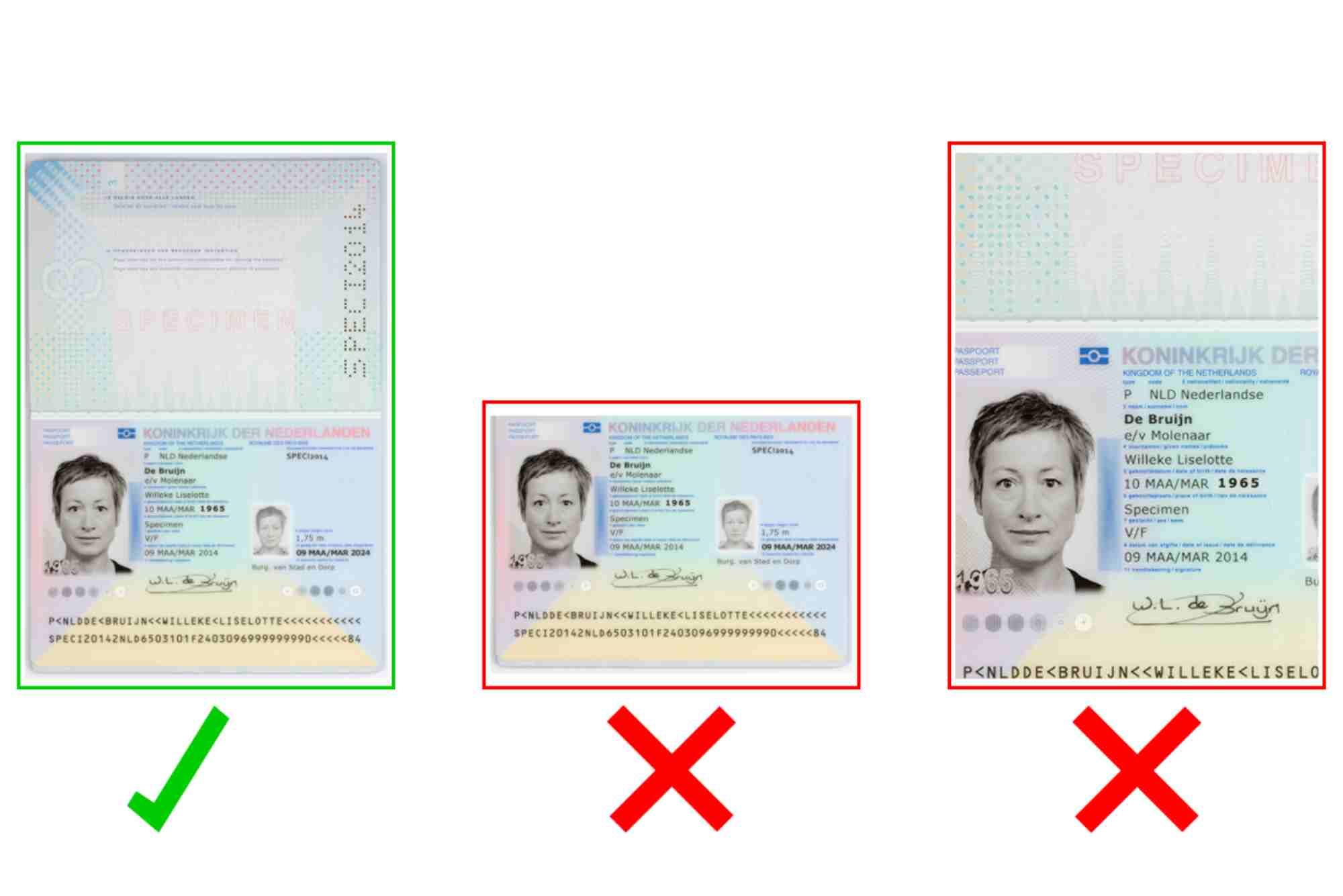Life After Passing the KAPS Exam: What Comes Next?
Passing the KAPS (Knowledge Assessment of Pharmaceutical Sciences) exam is a significant achievement for internationally qualified pharmacists. It’s the gateway to pursuing a pharmacy career in Australia. But after the celebration fades, many candidates find themselves asking: What now? Understanding what to do after passing KAPS exam is essential for a smooth transition into Australia’s pharmacy landscape.
In this guide, we’ll walk you through the practical steps that follow success in the KAPS exam — from AHPRA registration to career growth — so you can confidently plan your next move.
Understanding the Importance of the KAPS Exam
Before diving into what lies ahead, let’s briefly revisit why passing the KAPS exam matters.
The KAPS exam is administered by the Australian Pharmacy Council (APC). It assesses your knowledge against Australian pharmacy standards. Passing it shows that you’re academically prepared to enter the workforce — but it’s not the end of your journey.
Instead, it’s your entry ticket to the professional registration process and hands-on training required for full licensure in Australia.
Apply for the Skilled Migration Assessment Outcome
Once you’ve passed the KAPS exam, the first official step is applying for the Skilled Migration Assessment Outcome with the APC.
This step is crucial if your goal is to migrate to Australia as a skilled pharmacist. The APC will issue you a Skills Assessment Letter, which is a mandatory document for visa applications under Australia’s skilled migration programs.
Ensure you have all supporting documents ready, such as:
- Passport
- Educational credentials
- KAPS result report
- English proficiency test results (like IELTS or OET)
Begin the AHPRA Registration Process
The Australian Health Practitioner Regulation Agency (AHPRA) is responsible for the registration of all pharmacists in Australia. After your migration assessment, your next goal is provisional registration with AHPRA.
What is Provisional Registration?
Provisional registration allows you to begin supervised practice, also known as an internship, under the National Scheme. You can’t work independently yet, but you can gain real-world pharmacy experience in an Australian healthcare setting.
Documents Required for AHPRA Registration
To apply for provisional registration, you’ll need:
- Passport and identity verification
- KAPS pass certificate
- Verified academic transcripts
- English proficiency evidence
- Fitness to practice declarations
- Criminal history checks
Be prepared to submit certified copies of documents and possibly undergo an interview or provide additional clarifications.
Find an Internship Placement
After securing provisional registration, your next step is to find an intern pharmacist position. After Passing KAPS Exam This is a supervised role where you’ll work under a registered pharmacist to build your professional competencies.
How to Find an Internship
Internships are offered by:
- Community pharmacies
- Public and private hospitals
- Pharmaceutical chains like Chemist Warehouse, Priceline, and TerryWhite Chemmart
You can begin your search by contacting these organizations directly or using pharmacy recruitment websites. Some candidates secure internships even before AHPRA approval, conditional upon registration being finalized.
What to Expect During Internship
You’ll complete 1,824 hours of supervised practice, typically over 12 months. During this time, you’ll:
- Gain hands-on experience with dispensing, patient counseling, and medicine management
- Learn about Australia’s legal and ethical pharmacy practices
- Prepare for the final hurdle: the Intern Training Program (ITP) and oral exam
Enroll in an Intern Training Program (ITP)
While working as an intern, you must enroll in an accredited Intern Training Program run by providers like:
- The Pharmacy Guild of Australia
- PSA (Pharmaceutical Society of Australia)
- SHPA (Society of Hospital Pharmacists of Australia)
The ITP combines online coursework, face-to-face sessions, and workplace-based assessments to ensure your skills align with national standards.
At the end of the program, you’ll be eligible to sit the APC oral examination, which is the final requirement for general registration.
Sit the APC Oral Exam
This oral examination assesses your readiness for independent practice as a pharmacist. It evaluates clinical decision-making, communication skills, and your ability to manage real-world scenarios.
It usually includes:
- Case-based discussions
- Problem-solving questions
- Ethical dilemmas
Passing this oral exam is the final step before becoming a fully registered pharmacist in Australia.
Apply for General Registration
Once you’ve completed your internship and passed the oral exam, you can apply for general registration with AHPRA. With this registration, you’re now legally recognized as a pharmacist eligible to work independently across Australia.
You can work in various settings, such as:
- Community pharmacies
- Hospitals
- Research organizations
- Pharmaceutical companies
- Government health departments
This is the beginning of your full professional journey in Australian healthcare.
Career Opportunities After Passing KAPS Exam
Australia offers a growing demand for pharmacists, especially in regional areas. After full registration, you can explore diverse career paths:
- Community Pharmacist: Work in retail pharmacy settings and serve local communities.
- Hospital Pharmacist: Join clinical teams and help manage patient therapies.
- Regulatory Affairs Specialist: Work with pharma companies ensuring drug safety and compliance.
- Research and Academia: Collaborate on drug development or teach in academic institutions.
- Rural Pharmacy Programs: Earn financial incentives by working in underserved areas.
Many pharmacists choose to specialize further through postgraduate studies or professional certifications.
Challenges You May Face — And How to Overcome Them
While passing the KAPS exam is a huge step, it’s normal to encounter some challenges afterward:
Adjustment to a New Healthcare System
Australian pharmacy laws, healthcare policies, and customer interactions might differ significantly from your home country. Engaging with mentors and actively participating in your ITP can ease this transition.
Job Market Competition
Finding an internship in urban centers like Sydney or Melbourne may be competitive. Consider rural placements, which often have higher demand and offer visa sponsorships.
Visa and Residency Concerns
If you’re still on a temporary visa, navigating the migration process alongside your professional development can be overwhelming. Working with a registered migration agent can simplify this process.
Tips for Success After Passing the KAPS Exam
- Stay proactive: Don’t wait for opportunities; reach out to employers and training providers early.
- Network: Join pharmacy forums, attend local events, and connect with mentors.
- Stay updated: Read about changes in Australian pharmacy regulations through AHPRA and APC.
- Practice English: Strong communication skills are critical in patient-facing roles.
FAQs
What should I do immediately after passing the KAPS exam?
You should apply for your skills assessment outcome from the APC and prepare documents for provisional registration with AHPRA.
How long does it take to get AHPRA registration after KAPS?
It typically takes 4–8 weeks, depending on your documentation and background check processing times.
Can I work as a pharmacist immediately after passing the KAPS exam?
No, you must first complete an internship and the oral exam to gain general registration before you can work independently.
Do I need a visa to intern in Australia?
Yes. You’ll need an appropriate visa that permits professional internship, such as the subclass 482 (sponsored visa) or a graduate visa if eligible.
Is the oral exam difficult?
It can be challenging but is manageable with good preparation, strong clinical knowledge, and communication skills gained during the ITP.
Passing the KAPS exam is an impressive milestone — but it’s just the beginning. The steps that follow, from registration to internship and finally general licensure, require planning, persistence, and adaptability.





